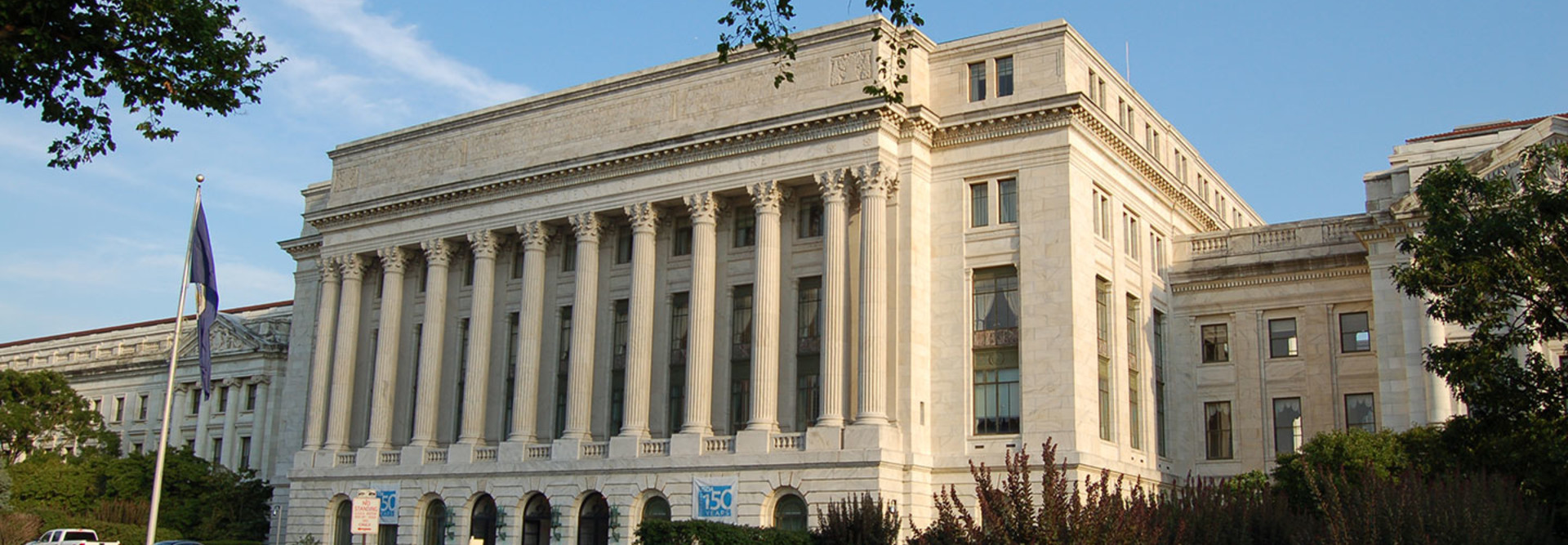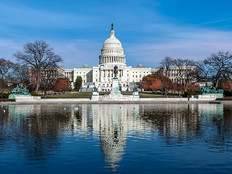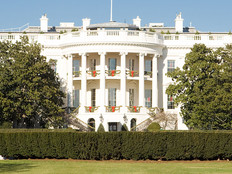White House Aims to Propel Tech Modernization with Centers of Excellence
IT modernization will be one of the most significant federal technology themes of 2018, and the White House is fully behind the push to upgrade agencies’ networks and systems in order to adopt cloud and shared services.
The White House is launching “centers of excellence,” or CoEs, to help agencies put into practice the Trump administration’s recommendations for IT modernization. The Agriculture Department will be the first agency to pilot the model. The General Services Administration’s Technology Transformation Service (TTS) will create the CoE teams around five areas: cloud adoption, IT infrastructure optimization, customer experience, service delivery analytics and contact centers.
“With help from industry partners and our own federal IT teams, we have identified those key areas that have the greatest opportunities and need for centralized talent, process and acquisitions support vehicles,” Jared Kushner, a senior adviser to the president and director of the Office of American Innovation, said last month, according to Federal News Radio.
SIGN UP: Get more news from the FedTech newsletter in your inbox every two weeks!
Agriculture Department to Kick Off Centers of Excellence Model
The Agriculture Department will serve as the proving ground for the CoE model, with the goal of creating “the most effective, efficient, customer-focused department in all the federal government,” Stephen Censky, the Agriculture Department’s deputy secretary, said last month, Nextgov reports.
“Our ultimate goal is to enable the department to transition into a customer-focused organization,” Censky said, speaking at an industry day event held on the White House grounds. “The opportunity for IT to add value across the USDA is significant.”
The CoEs “will manage centralized, function-specific talent, solutions and acquisition vehicles,” according to Joanne Collins Smee, who heads the TTS. GSA will house the CoEs, which will “will provide technical expertise” for two distinct phases of the USDA’s IT modernization, Smee said.
The first phase will involve developing a strategy and planning process, which could take about six months, and the second phase will be “implementation support,” when USDA purchases the technology and services it needs, Nextgov reports.
First, USDA will need to establish the CoEs team, which will include representatives from the GSA and Office of American Innovation, as well employees within USDA and members of industry. “We’re looking to get your most talented men and women that can work together as one unified team that can improve the experience of our citizens,” Smee said.
GSA Seeks Industry Partners to Stand Up CoEs
GSA issued a solicitation in mid-December in search of “professional services to assist GSA in developing and launching the CoE service delivery model to agencies.”
The request for quotation was released to industry through the GSA’s eBuy tool with a response deadline of Jan. 8, according to Nextgov. GSA could issue awards by the end of January, with periods of performance for CoE contracts at one year with two one-year options, the publication notes.
“The CoEs will work with customer agencies directly to identify their needs, recommend a solution, identify the best contract vehicle to procure support, and oversee implementation of the solution,” according to the solicitation’s statement of work, FedScoop reports.
The GSA says that the CoEs “will manage centralized, function-specific talent, solutions and acquisition vehicles. Agencies have unique missions but the systems they build to deliver those missions rely on foundational capabilities that are not unique. The CoE teams will provide expert advice, consulting, development and support solution implementation.”
The RFQ defines the scope of each CoE, according to Nextgov, and outlines possible activities and deliverables for each one. Notably, it also calls for an aggressive 60 workday stand-up period.
In an effort to further the adoption of shared services, solutions developed under the CoEs will be shareable across the government. “All documented processes, procedures, tools and applications, developed under” the CoE, including all text, digital files, source code and other products, “become the property of the government,” according to the RFQ.









